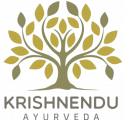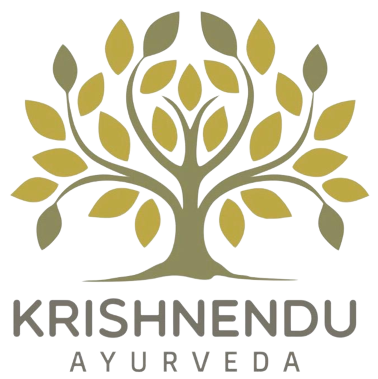Frozen Shoulder in Ayurveda
Ayurvedic Treatment for Frozen Shoulder in Kerala, India
Frozen shoulder is a condition that affects your shoulder joint. It usually involves pain and stiffness that develops gradually, gets worse and then finally goes away. This can take anywhere from a year to 3 years.
Shoulder is made up of three bones that form a ball-and-socket joint. They are your upper arm (humerus), shoulder blade (scapula), and collarbone (clavicle). There’s also tissue surrounding your shoulder joint that holds everything together. This is called the shoulder capsule.
With frozen shoulder, the capsule becomes so thick and tight that it’s hard to move. Bands of scar tissue form and there’s less of a liquid called synovial fluid to keep the joint lubricated. These things limit motion even more.
Causes
Frozen shoulder occurs when the capsule that joins the bones, ligaments and tendons thickens and tightens around the shoulder joint, restricting its movement.
Certain factors may increase your risk of developing frozen shoulder, they are:
- Age and sex: People 40 and older, particularly women, are more likely to have frozen shoulder.
- Immobility or reduced mobility: People who’ve had prolonged immobility or reduced mobility of the shoulder are at higher risk of developing frozen shoulder. Immobility may be the result of many factors like rotator cuff injury, broken arm, stroke and recovery from surgery
- Systemic diseases: People who have certain diseases appear more likely to develop frozen shoulder. Diseases that might increase risk are diabetes, overactive thyroid (hyperthyroidism), underactive thyroid (hypothyroidism), cardiovascular disease, tuberculosis and parkinson’s disease
Symptoms
Frozen shoulder typically develops slowly, and in three stages. Each stage can last several months.
- Freezing stage: Any movement of your shoulder causes pain, and your shoulder’s range of motion starts to become limited.
- Frozen stage: Pain may begin to diminish during this stage. However, your shoulder becomes stiffer, and using it becomes more difficult.
- Thawing stage: The range of motion in your shoulder begins to improve.
The Ayurvedic Explanation
According to ayurveda, frozen shoulder is described as Apabahuka and it most commonly affects the amsa sandhi (shoulder joint). Ayurveda categorizes it as a vatapradhanavyadhi (Disease due to high involvement of vata) that causes pain in the shoulder and severely restricts movements.
Ayurveda Treatment for Frozen Shoulders
Treatments and procedures are decided based on the individual and the ailment. These are a few common ayurveda treatments used for frozen shoulder:
- Snehana
Snehana involves the application of medicated oils, ghee and herbs to the body internally and externally for three to seven days. Snehana is crucial as it loosens ama, or toxins, and doshas in the body. - Swedana
Swedana is the thermal or non-thermal procedure which cures stiffness, heaviness and cold and produces sweating in the body. By using different properties of swedana dravyas, it is mainly beneficial in vata kaphaja rogas (diseases). - Basti
Basti is a treatment to support vata energy. An enema prepared with oil and fat, which are the sharp properties of vata, will help to reduce kapha, eliminate ama toxins. - Nasya
Nasya treatment refers to an Ayurvedic therapy that includes instillation of herbal oils, juices or powders through the nasal route. It is especially desirable for diseases of parts above the base of the neck; nasal passage being the gateway of the head.
Diet Practices
A few changes in your diet can provide relief for frozen shoulder. Here are a few diet changes to manage frozen shoulder:
Include easily digestible foods and moist and oily foods, such as:
- Oils and ghee
- Moist foods like berries, melons and curd
- Soups and stews
- Oily foods like avocado, coconut, olives, buttermilk, cheese, eggs, milk, wheat, nuts and seeds
Ayurvedic treatment for frozen shoulder involves the pacification of the aggravated vata and restoring its normal functions. At Krishnendu Ayurveda, we have a very systematic approach in treating frozen shoulder; we plan a customized treatment for each individual which is specific to their symptoms.

